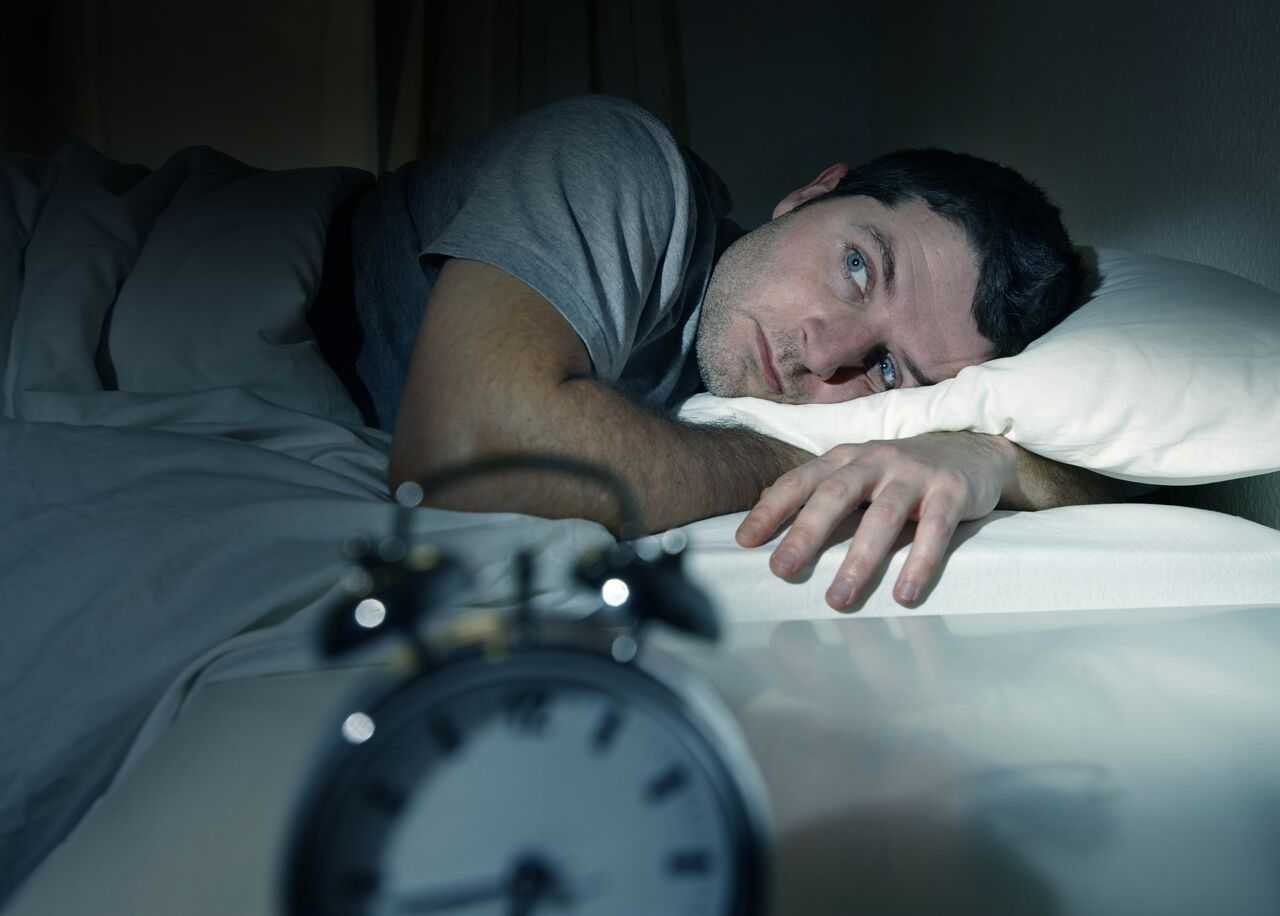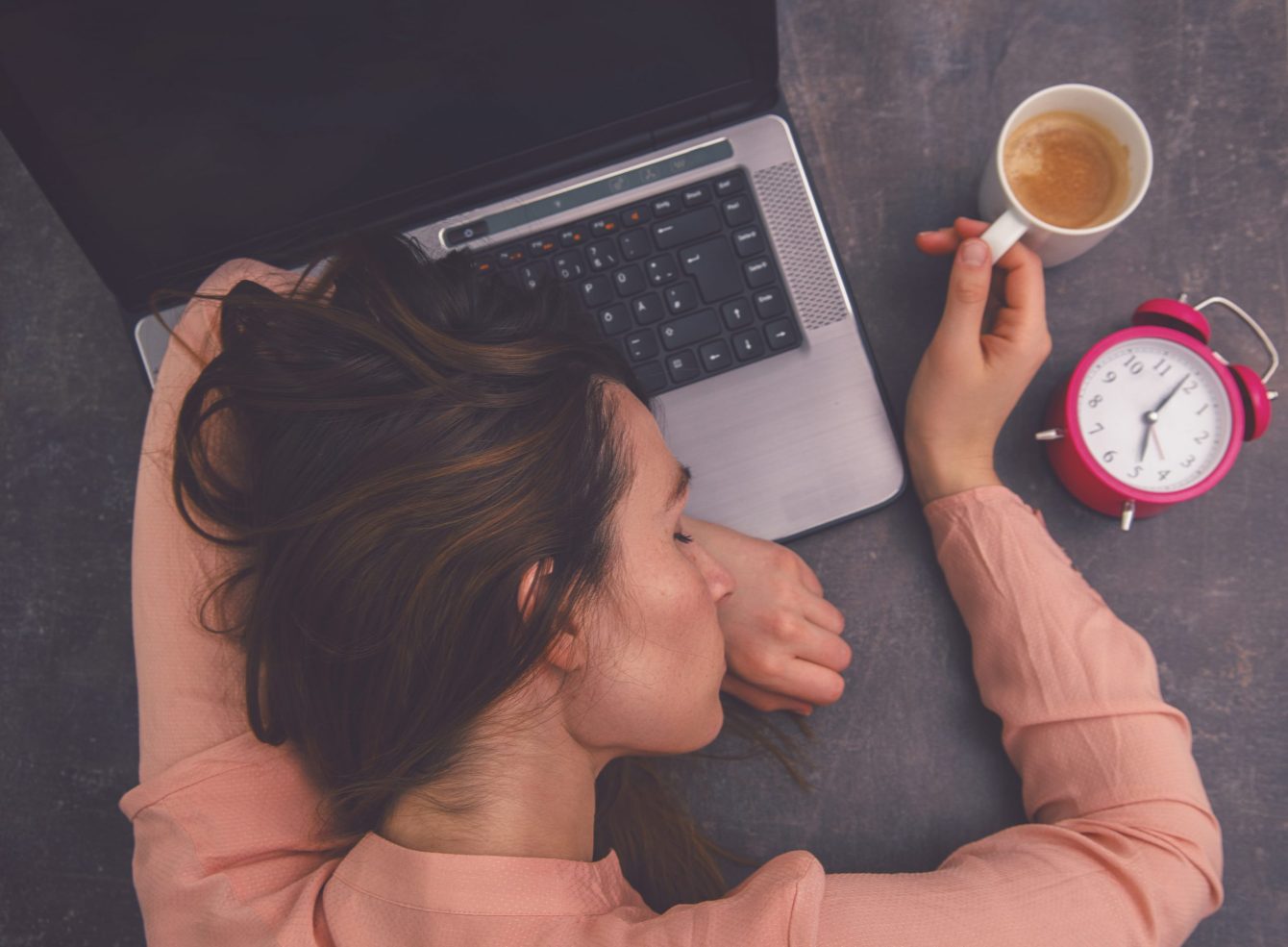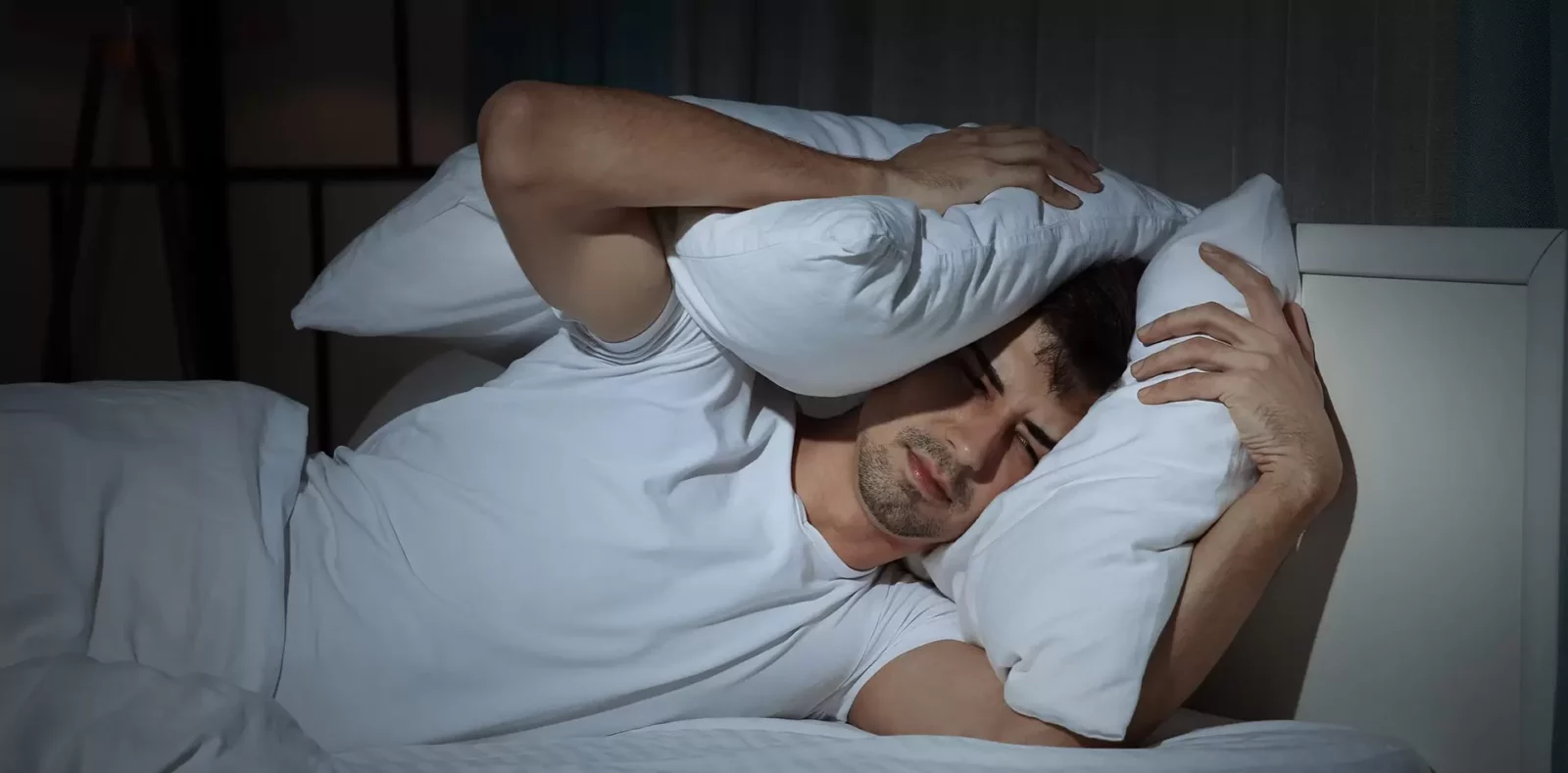Insomnia can be a very annoying disorder because it makes you tired, irritable and unproductive. Let’s see the causes and possible solutions
Sleep is a natural and indispensable process that helps restore and rejuvenate the body and mind. It is a state of rest that occurs when the brain partially shuts down and allows the body to relax. Sleeping is essential because it allows you to recover the energy spent during the day, to be fresh in the morning and ready to face new challenges.
Sleep patterns vary over the course of age and are different between children and adults. Newborns spend most of their time sleeping, but start to be more awake around the age of four months, when they enter the first stage of REM sleep. As you get older, the time spent sleeping decreases, though it is necessary to allow yourself a minimum of hours a night to maintain a state of well-being.
Sometimes though, people fail to sleep properly, get enough, or sleep at all, waking up tired and grouchy. This condition, called insomnia, is one of the most common ailments in the world, affecting nearly 800 million humans. It is often underestimated or treated only with drugs, which in the long term do not lead to a resolution of the pathology. The problem is that insomnia is not a disease, but just a symptom of some other disorder, which should be treated instead. Therefore, knowing the causes is essential to understand which is the right treatment.

The most common causes of insomnia
Insomnia is the inability to fall asleep or stay asleep through the night. It is defined as transient (short-term) when it lasts less than 3 weeks, and chronic (long-term) when it has lasted for more than 3 weeks. It is estimated that 10% to 20% of adults suffer from this long-term disorder, which becomes more common with advancing age: approximately 75% of people over the age of 65 report having this problem. The most common cause of insomnia is stresswhich can be any kind of mental or emotional strain, especially depression and anxiety. The latter is one of the most common ailments, but one that can easily be recognized and treated. Sometimes it is enough to undergo short tests, such as the seven-question one, to find out if you suffer from anxiety.
But lack of sleep can also result from pain, such as back pain or arthritis, restless legs syndrome, or respiratory problems such as asthma or emphysema. The use of some substances can also affect your ability to sleep, such as alcohol or some medications, including those prescribed for depression. Even the use of smartphones and PCs can compromise the sound quality due to the blue light and in fact we recommend the use of special glasses.

Consequences and treatments
Insomnia can cause problems in your work and social life and have a negative impact on the health of your body and mind. Symptoms can vary from person to person, but tiredness is the most common feeling, especially in the morning when you get up without having recovered the energy spent the previous day. It can also cause difficulty concentrating, irritability and stress in social relationships. If you’re tired all day from not getting enough sleep, it can affect your performance at work or school, and you’re more likely to make mistakes due to an inability to stay clear-headed.
Treatment of insomnia includes changing some habits, consulting a psychotherapist, or a combination of the two. Among the recommended behaviors are the maintenance of a regular sleep schedulei.e. going to bed and getting up at the same time every day, even on weekends. Coffee, alcohol and nicotine can interfere with sleep cycles, so it’s best to avoid using them in the evening. Regular physical exercise can instead improve the quality of sleep, even if it is recommended during the day and not in the evening, when it is better to opt for more relaxing activities.
In case of long-term insomnia, self-medication should be avoided. Better to consult a doctor or seek advice from a therapist, who will be able to analyze and treat the causes of this disorder. That’s all from the science section, keep following us!
















Leave a Reply
View Comments